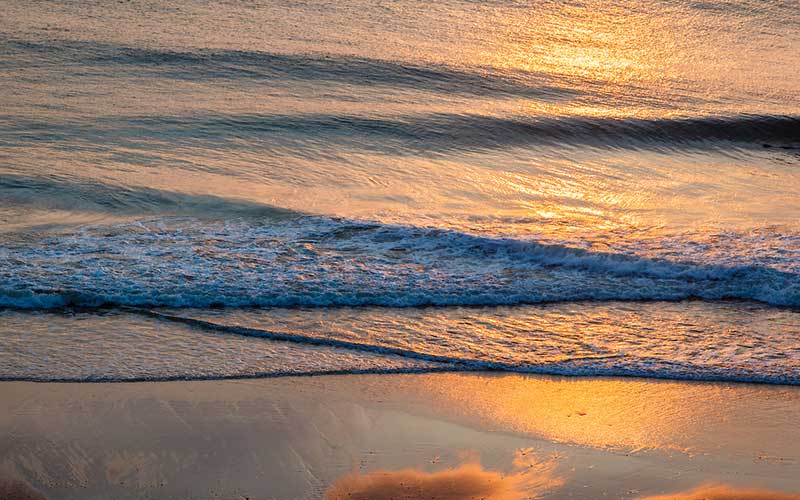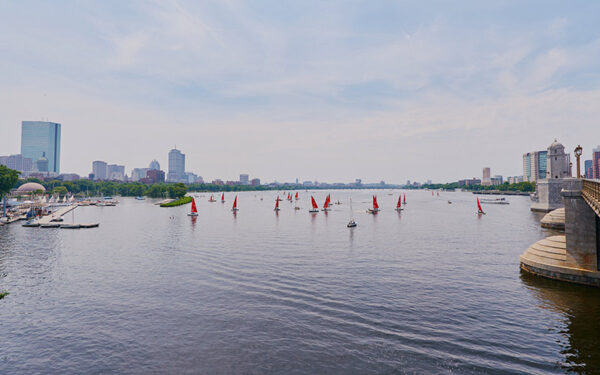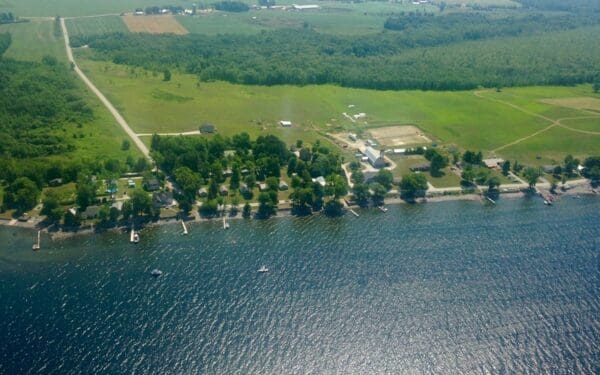
Nitrogen pollution is putting Cape Cod's bays at risk – and our economy and environment with them. Photo: EcoPhotography
No one would consider swimming, sailing, or fishing in a sewer, but that, in effect, is the choice facing people seeking to use polluted bays around Cape Cod. The Cape’s septic systems cause 85 percent of the nitrogen pollution plaguing our waterways. Every time a toilet flushes into a septic tank, our clean bays, our freshwater streams, and our tourism dollars also go down the toilet.
But even with so much at stake, towns have been slow to foot the price tag for wastewater treatment systems that would help solve the problem. That is why state lawmakers must take a needed first step by passing legislation that would generate approximately $9 million dollars in revenue a year towards wastewater clean-up.
Proposed Legislation Will Help Defray Costs of Wastewater Management
All 15 Cape Cod towns are required by law to develop and build wastewater management systems to clean up nitrogen pollution. In response to a successful CLF lawsuit, the Cape Cod Commission recently completed a wastewater treatment plan addressing nitrogen pollution. Though the plan is certainly not perfect, it is a watershed-based approach to restore rivers, ponds, lakes, streams, bays, and coves on Cape Cod. Governor Baker approved this plan in 2015, but three years later, most towns are behind on implementation and are struggling to deal with the $4- to $6-billion-dollar Cape-wide cost of putting it into action.
The proposed legislation, which has already passed the House and Senate and is on the way to a conference committee, would be an important first step in helping towns pay for wastewater management. The bill would institute a 2.75% Cape-wide regional tax on top of both the short-term rental tax and the traditional hotel/motel/B&B room tax. Martha’s Vineyard and Nantucket can also choose to participate and benefit from this fee.
A Small Price to Pay Towards Cleaner, Healthier Waters
2.75% is a reasonable initial price to pay when you consider what’s at risk if effective wastewater management systems are not implemented soon. Tourism will take a hit, and waterfront property values will continue to nosedive. Additionally, the noxious nitrogen pollution will make swimming, boating, and fishing virtually impossible. And fish populations will plummet as they are choked by algae outbreaks.
While nutrient pollution is a year-round problem, it grows much worse during the summer season, just when the population of the Cape doubles (and in some towns triples) with visitors eager to enjoy the area’s waters and beaches. It is only fair that the thousands of people driving over the Cape Cod Canal to enjoy the area’s natural resources every week do their part to keep its waters clean.
Passing this legislation and levying this small 2.75% additional payment is crucial to ensuring Cape Cod continues to be a national treasure for both year-round residents and seasonal visitors.



